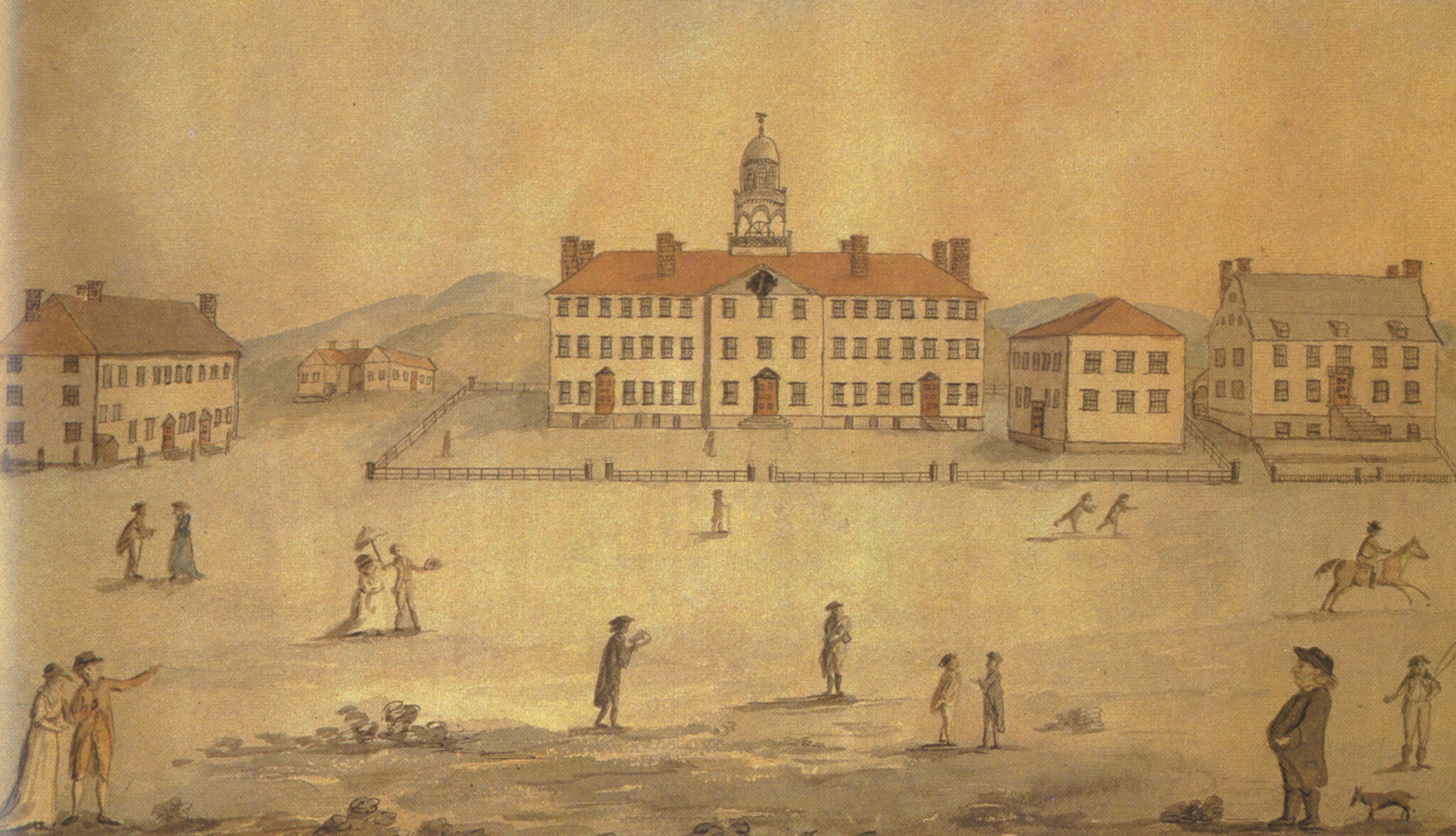Caesar, an enslaved person, resided in the Dartmouth College kitchen in 1773

BIOGRAPHY
“In his Majesty's name you are commanded forthwith to Arrest the Body of Caesar a Negro Man now & for some time past residing in the Kitchen appertaining to Dartmouth College….” So begins a 1773 warrant and our introduction to an enslaved man named Caesar. The arrest in question stems from a conflict involving Caesar and two other men—Archelaus (also known as Hercules) and Brister, both enslaved by Eleazar Wheelock—and Mary Sleeper, one of Wheelock’s white, possibly indentured, servants.
In 1730, a law was passed that made it illegal for slaves—as well as Indigenous and mixed-race people—to defame the character of a White person. According to the warrant, Caesar fell afoul of this law not only by spreading the story that Archelaus and Brister had “carnal knowledge” of Sleeper, and that Sleeper had enjoyed it, but also by threatening to reveal a secret that would ruin Sleeper’s character “to her dying day.” Per the warrant, written by Wheelock in the role of justice of the peace, Sleeper demanded £50 restitution.
As is noted in the warrant, Caesar “resided” in the Dartmouth College kitchen, undoubtedly laboring there as well. Such work would likely have put Caesar in contact with the larger Dartmouth community, which may be why, as described in a bond dated February 8, when he was found guilty and fined ten lashes or £10 (an amount he almost certainly would not have been able to pay), a group of students and townsfolk, betting on Caesar’s future good conduct, paid his fine to spare him the whipping.
It is unknown exactly when and how Caesar —named for the Roman emperor in keeping with the convention of naming enslaved persons after classical figures—came to be enslaved by Wheelock, or even if Wheelock was Caesar’s actual enslaver.
A letter, dated May 6 of 1773, begins with Wheelock stating his previous intention to return Caesar to one Moses Little by sending the former back in a canoe. However, after another man asserts then resigns his rights to “employ” Caesar, Wheelock declares that would like to purchase Caesar from Little, providing that Little is still amenable, and that a favorable recommendation for Caesar is provided. Is this the same Caesar that is embroiled in the defamation conflict? It is uncertain but likely; either way, the letter contains the last remaining reference to Caesar, and his fate remains unknown.
